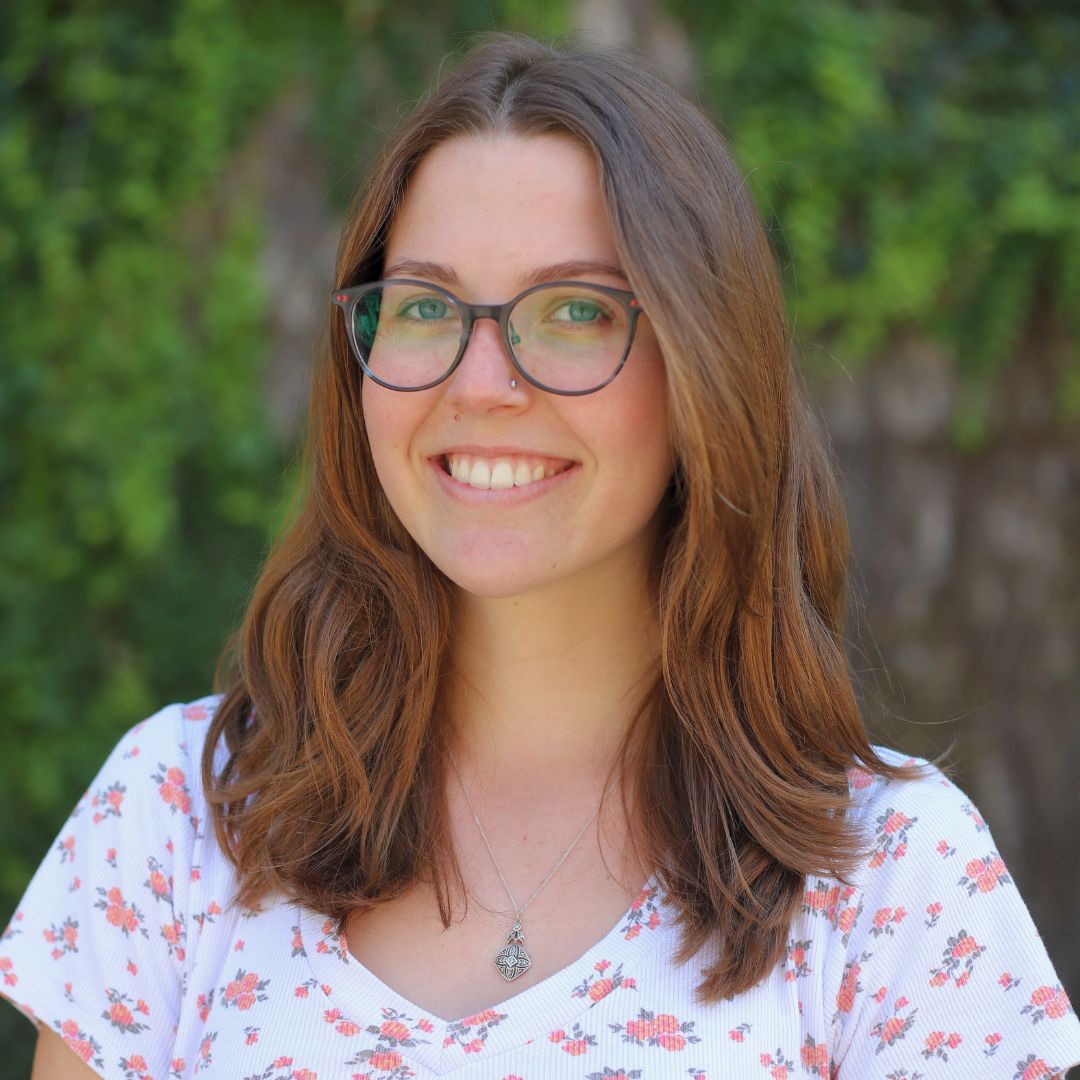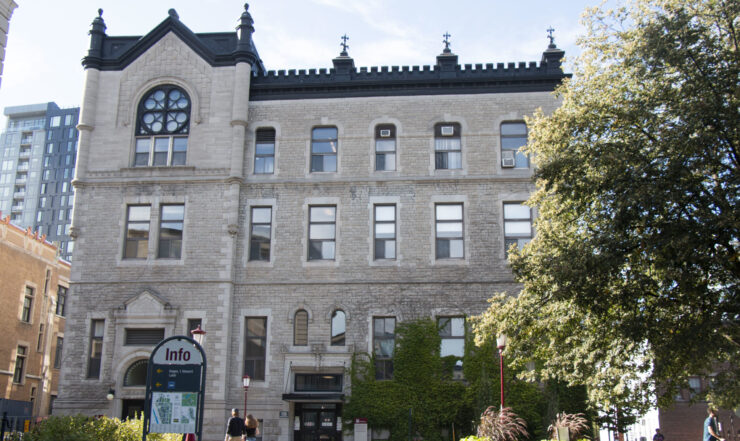University of Ottawa professors face backlash from the Chinese embassy over their attendance of a security forum hosted by the Taiwanese government
Two academic staff members of the University of Ottawa, professor Roland Paris, and director of the Information Integrity Lab, Jennifer Irish, reported attempted intimidation from the Chinese embassy in regards to their recent business trip to Taiwan.
Both Paris and Irish were invited as panellists to the Ketagalan Forum in late August on Indo-Pacific security; Paris, being the director of the Graduate School of Public and International Affairs at the U of O, was invited to a talk on the security forum, while Irish contributed to the protection of digital democracy talk.
Irish told the Globe and Mail in September that the Embassy of the People’s Republic of China in Canada had attempted to personally contact her prior to the August conference.
In the case of Paris, the Chinese embassy had reportedly arranged meetings with the University of Ottawa and filed an objection with Global Affairs Canada after their visit. Paris told the Globe and Mail that “the university ‘completely has my back’” adding that he sees the Chinese Government’s behaviour as “largely performative”.
Attemped Chinese interferences are a recurring topic in U of O news and international relations. In November 2022, U of O president and vice-provost, Jacques Frémont, apologized on behalf of the University of Ottawa for blocking the media from documenting a speech by the Ambassador from the People’s Republic of China when he spoke on campus. In his statement following the incident Frémont admitted: “We should have done better to protect the freedom of the press.”
To understand the context of why Canadian professors are experiencing interference from the Chinese government over a conference in Taiwan, the Fulcrum interviewed professor André Laliberté, the chair in research on Taiwanese studies at the University of Ottawa.
Laliberté described the Chinese embassy’s involvement as “indecent” and praised his colleagues for avoiding confrontation. “The principle of academic freedom dictates that we are free to decide with whom we want to work,” said Laliberté, “It’s not government to government relations, it’s private entities.”
Laliberté continued by explaining to the Fulcrum that following their rejection of martial law, the Republic of China (commonly known as Taiwan), has been a democratic society since the 1980s. Despite breaking away from the People’s Republic of China (commonly known as China), Taiwan’s recognition as a sovereign state from the international community has not yet been validated.
Even if there is a tangible reality of two sovereign entities, Taiwan’s recognition within the United Nations is unlikely as long as the current Chinese government — the Chinese Communist Party — claims that there is only one China, including Taiwan within their territory, highlighting that any countries engaged in diplomatic relations with China must recognize their sole authority over the entire territory.
Laliberté remarked that ‘‘the position of the Canadian government is that they do not want to antagonize China, so they will respect the will of their government to not enter into diplomatic relations with Taiwan, but nevertheless engage in substantive relations with it — trade relations, cultural relations, and treaties addressing pragmatic issues.’
When asked if this could impact the relations of University of Ottawa’s students, Laliberté answered “I warmly welcome students coming from China, of course” citing that within his career he could recall many instances of international students attending school with interest on learning what a democracy is, “despite their home countries dissuading their studies.”
On a larger scale, when asked if this event could fracture relations between institutions, Laliberté commented that “if anything we will increase exchanges, encouraging [members of] the University of Ottawa to go to Taiwanese universities, and we will encourage [members] from Taiwanese universities to come here.”
When asked for comment by the Fulcrum, China’s embassy — located in Ottawa — replied “there is only one China in the world. Taiwan is a part of China, and the government of the People’s Republic of China is the only legitimate government representing China. This is a universal consensus of the international community and a recognized basic norm for state relations. One-China principle is the fundamental principle for handling the Taiwan issue.”






